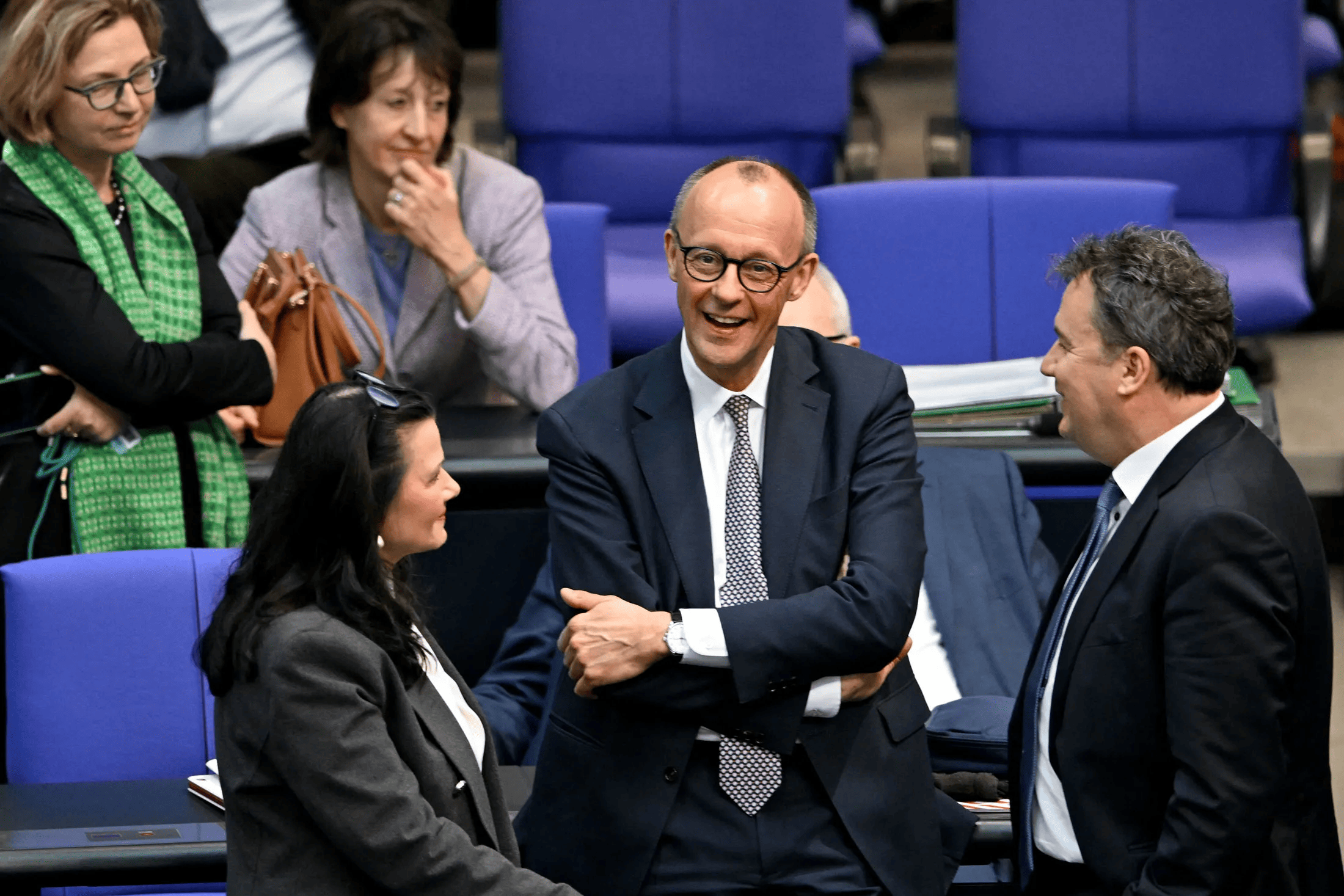Germany’s incoming chancellor, Friedrich Merz, has proposed a sweeping financial strategy that includes substantial government spending, aimed at bolstering defense, infrastructure, and green energy. While this move is welcomed domestically, it has sparked concerns across the European Union about its potential impact on competition and economic balance within the bloc.
Background
For decades, Germany has been a staunch advocate of fiscal discipline, often opposing large-scale borrowing and excessive government spending. However, with economic pressures mounting due to the COVID-19 pandemic and the ongoing conflict in Ukraine, Berlin has opted for a significant policy shift. The upper house of Germany’s parliament has recently approved a historic amendment to the country’s basic law, allowing for increased defense investment and the establishment of a €500 billion fund for infrastructure and green energy.
Concerns Among EU Member States
While Germany’s financial expansion has been met with enthusiasm in some quarters, other EU nations are growing increasingly anxious. Governments across Europe worry that this surge in German spending could create an uneven playing field, giving German businesses a competitive edge over their European counterparts.
Several EU diplomats have expressed concerns that Germany’s plan might distort the single market, with countries like France, Italy, and Spain advocating for solutions such as collective EU borrowing to balance the economic disparities. However, Germany has historically opposed such measures, leading to tensions within the bloc.
The Economic Divide: Germany vs. Other EU Economies
The spending plan is expected to reach up to €1 trillion over the next decade, primarily targeting defense, infrastructure, and green energy. One of the main points of contention is that this funding will free up Germany’s regular budget, allowing for greater industrial subsidies.
France, the EU’s second-largest economy, has been particularly vocal about the potential repercussions. A former French government minister noted that while Germany’s economic growth could benefit France by increasing market opportunities, it could also widen the productivity gap between the two nations.
Italy and Spain have similarly raised concerns, emphasizing the need for new EU-wide strategies to mitigate economic distortions. The debate has reignited discussions about pooled EU borrowing, a proposal that Germany has consistently rejected.
Germany’s Strategy: Subsidizing Key Industries
The CDU/CSU bloc, led by Merz, along with the Social Democrats, has outlined plans to channel a significant portion of the additional funds into industrial subsidies. These subsidies would support energy-intensive sectors and introduce measures such as a permanent cap on grid charges.
Key industries targeted for subsidies include:
- Semiconductor Industry: Germany aims to attract chip manufacturers to secure its position in the global technology race.
- Battery Production: Investments in battery technology are expected to boost the electric vehicle market.
- Hydrogen Energy: Subsidies will focus on advancing hydrogen-based energy solutions to achieve climate goals.
- Pharmaceuticals: Enhancing domestic pharmaceutical production to reduce reliance on external suppliers.
European Backlash and Calls for Regulation
Several European leaders have voiced their concerns about Germany’s potential to leverage state aid to attract industries that other EU nations cannot afford to subsidize. This issue echoes a previous controversy in 2022 when outgoing Chancellor Olaf Scholz introduced a €200 billion scheme to lower Germany’s energy prices, which faced significant opposition from other EU members.
Sweden’s EU Affairs Minister, Jessica Rosencrantz, acknowledged the necessity of Germany’s defense spending but stressed the importance of maintaining regulatory standards on state aid.
Impact on EU Fiscal Policies
Germany’s spending plan has also reignited debates about EU fiscal policies. Berlin has traditionally advocated for strict financial regulations within the bloc. However, with the recent shift in its domestic policies, there is growing speculation about whether Germany will push for relaxed EU spending rules.
A German official attempted to downplay concerns regarding the single market, highlighting that French President Emmanuel Macron had publicly supported Germany’s spending efforts during a recent visit to Berlin.
Frequently Asked Questions
Why is Germany increasing its government spending?
Germany is boosting its spending to strengthen national defense, modernize infrastructure, and advance green energy initiatives. This shift comes in response to economic pressures from COVID-19, the Ukraine conflict, and global energy challenges.
What are the main concerns of other EU nations?
Other EU nations worry that Germany’s increased spending could create unfair advantages for German businesses, leading to economic imbalances within the single market.
How does Germany’s spending compare to other EU countries?
Germany’s plan to allocate up to €1 trillion over the next decade dwarfs the financial capabilities of most other EU nations, raising concerns about competition and market fairness.
What industries will benefit from Germany’s subsidies?
Key beneficiaries include the semiconductor, battery production, hydrogen energy, and pharmaceutical sectors.
How is the European Commission responding to these concerns?
The European Commission, responsible for regulating state aid, is closely monitoring the situation and may introduce measures to prevent market distortions.
Could Germany’s spending plans lead to changes in EU fiscal rules?
There is speculation that Germany may advocate for more relaxed EU spending regulations to align with its new economic strategy.
Conclusion
Germany’s decision to embark on a significant spending spree marks a stark departure from its traditionally cautious fiscal policies. While the move is expected to bolster Germany’s economy, it has also triggered concerns across the EU regarding competition and market stability.
As debates continue, EU leaders will need to navigate these economic tensions carefully, ensuring that Germany’s financial ambitions do not undermine the integrity of the single market. Whether this shift in German policy will lead to broader changes in EU fiscal regulations remains to be seen, but it is clear that the economic landscape of Europe is undergoing a significant transformation.

